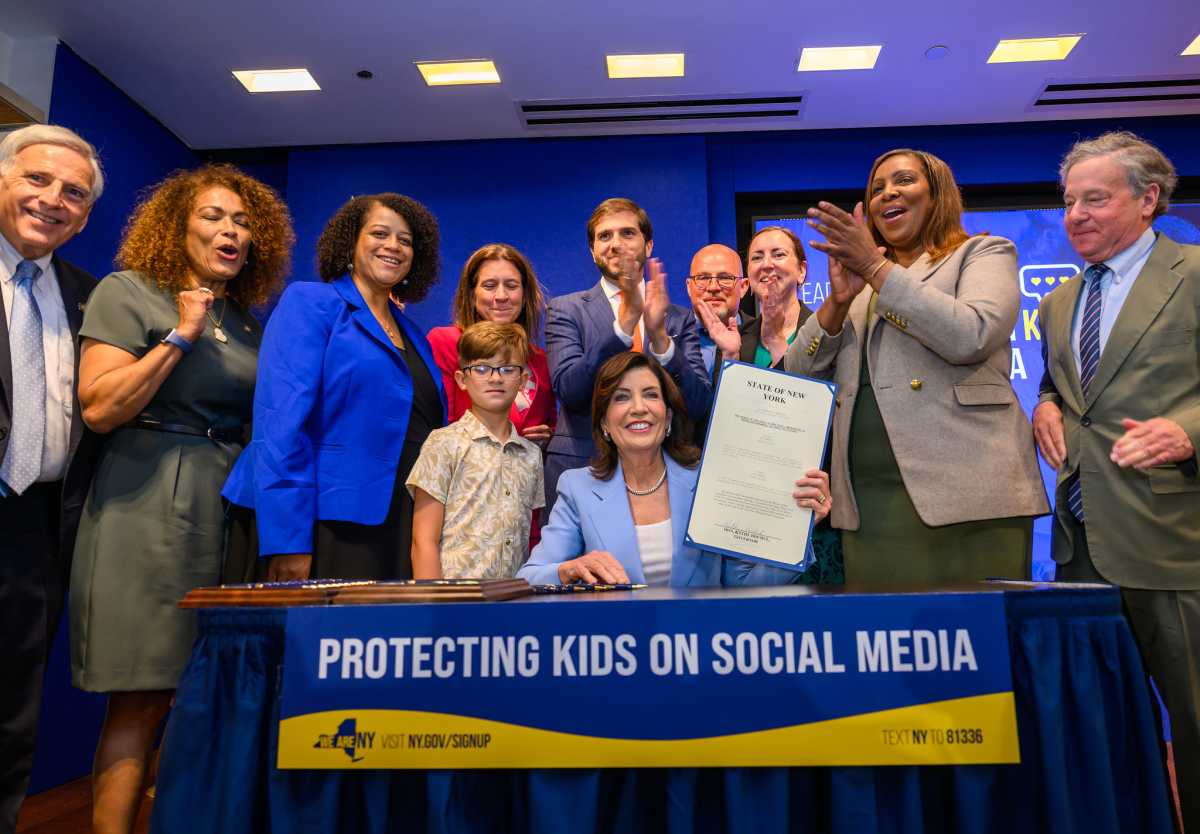Like many New Yorkers experiencing homelessness, Michael faced obstacles on his path to a healthy life, including PTSD and substance use disorder. He was determined to improve his well-being, but once COVID-19 hit, the road to recovery and housing stability became more difficult. His therapist had to close for the duration of the pandemic, and he felt unsafe seeking in-person medical care.
The pandemic could have derailed his progress, but because he was referred to telehealth services, Michael has stayed healthy. As a result of his progress, Michael was recently accepted into a new supportive housing development in the Bronx, where he plans to move in the coming months.
An emergency order from New York State allowing telehealth visits to be reimbursed as if they were in-person helped Michael and countless others during the height of the pandemic. Unfortunately, state reimbursement for the telehealth services is in jeopardy, with the emergency policy set to expire in January. State lawmakers must make telehealth reimbursement permanent—to ensure safety amid COVID-19, to support the immediate and long-term mental health of the most vulnerable New Yorkers, and to make services sustainable for providers.
My organization, Project Renewal, is a frontline health care provider that treats New Yorkers experiencing homelessness, including Michael, and addresses health conditions that can be exacerbated by housing insecurity. Throughout the pandemic, telehealth has helped us keep patients safe by reducing in-person interactions, and prevented additional visits to overburdened hospitals.
Our psychiatry department has been seeing patients at 99% of our pre-pandemic capacity, conducting over 1,400 visits with an expanded team of 19 providers since March. Like Michael, patients across the board have been making significant progress in their therapy, reporting that they can speak more openly about things like trauma in sessions that feel safe and private.
We are one of dozens of organizations successfully offering these services. The emergency reimbursement order ensured that services remained sustainable, despite physical offices closing across the state. A recent survey by the New York State Council for Community Behavioral Healthcare found that telehealth comprised 90% of visits and 86% of revenue for behavioral health providers during COVID-19.[1] If we go back to the pre-COVID system, where telehealth visits were only reimbursed at a fraction of the price of in-person visits, many healthcare providers will be unable to continue caring for the New Yorkers they serve.
New York must ensure that New Yorkers like Michael can continue to get the treatment they need during the pandemic and beyond.
Allison Grolnick is Chief Medical Officer at Project Renewal, a New York City homeless services nonprofit.



































